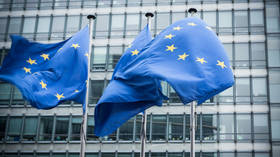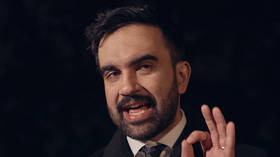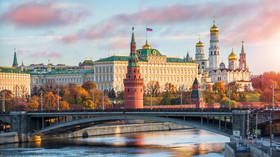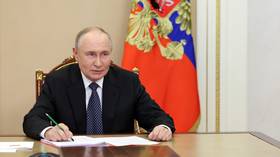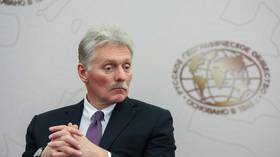EU considers ‘probation’ for new members
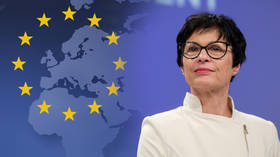
The EU is considering extending its reach by admitting new members but enforcing a “probation” period on them in order to ensure Brussels’ values and requirements are being met, the bloc’s enlargement commissioner, Marta Kos, has said.
The official made the remarks in an interview with the Financial Times published on Tuesday, in which she admitted that her ‘probation’ proposal is to counter her fear of “Russians coming in the back door.”
The bloc unveiled its annual report on aspirant and candidate countries on Tuesday, in which Montenegro was lauded but Georgia, which put negotiations with Brussels on hold amid Western-backed protests in the country, received an ‘F’.
The EU could potentially introduce a “transition period, a kind of probation, safeguards” for new members, allowing for their potential expulsion, she said. These ideas, however, are still at an early stage, Kos noted.
“I don’t want to go down as the commissioner bringing in the Trojan horses who will be then active in five, 10 or 15 years,” she said, brushing off concerns that the idea would result in a “two-tier” EU membership.
The new approach would likely mean tougher requirements for candidates, including Ukraine and Moldova which have been bundled together in what Kos admitted is an “artificial” move.
“Much more important is really going through the reforms. And there is a lot to do with both countries, Ukraine and Moldova,” she said.
The bloc’s increasingly cautious approach to accepting new members has been reflected in the enlargement report, which stated that it remains committed “to ensuring both the readiness of aspiring members as well as the EU’s preparedness to welcome them.”
“To ensure that new Member States continue to safeguard and maintain their track record on the rule of law, democracy, and fundamental rights, future Accession Treaties should contain stronger safeguards against backsliding on commitments made during the accession negotiations,” the report reads.
